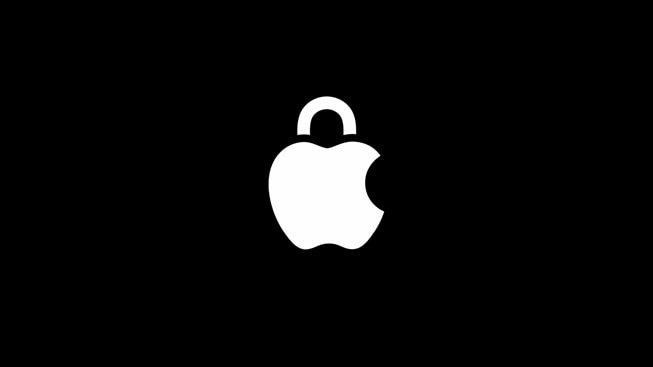APPLE STATEMENT
09 January 2025
Our longstanding privacy commitment with Siri

At Apple, we are committed to protecting user data, and our products and features are built from the ground up with innovative privacy technologies and techniques. Privacy is a foundational part of the design process, driven by principles that include data minimisation, on-device intelligence, transparency and control, and strong security protections that work together to provide users with incredible experiences and peace of mind. This applies to all of our products and services, including Siri, which has been engineered to protect user privacy and is the most private digital assistant.
Apple has never used Siri data to build marketing profiles, never made it available for advertising and never sold it to anyone for any purpose. We are constantly developing technologies to make Siri even more private, and will continue to do so.
Here’s how Siri protects user data.
Siri Uses On-Device Processing Where Possible
To protect user privacy, Siri is designed to do as much processing as possible right on a user’s device, allowing for personalised experiences without having to transfer and analyse personal information on Apple servers. When a user talks or types to Siri, their request is processed on device whenever possible. For example, when a user asks Siri to read unread messages, or when Siri provides suggestions through widgets and Siri search, the processing is done on the user’s device. The contents of the messages aren’t transmitted to Apple servers, because that isn’t necessary to fulfil the request. And for capable devices, the audio of user requests is processed entirely on device using the Neural Engine, unless a user chooses to share it with Apple.1
Apple Minimises the Amount of Data Collected for Siri Requests
Although Apple attempts to do as much as possible on device, certain features require real-time input from Apple servers. And when that’s the case, Siri uses as little data as possible to deliver an accurate result. Siri searches and requests are not associated with your Apple Account. A random identifier — a long string of letters and numbers associated with a single device — is used to keep track of data while it’s being processed, rather than tying it to a user’s identity through their Apple Account or phone number — a process that we believe is unique among digital assistants in use today.
Apple does not retain audio recordings of Siri interactions unless users explicitly opt in to help improve Siri, and even then, the recordings are used solely for that purpose. Users can easily opt out at any time.
Breakthrough Privacy Protections with Private Cloud Compute
With the capabilities provided by Apple Intelligence, we are at the start of a new era for Siri, giving users the ability to get things done effortlessly with built-in intelligence features that make Siri more capable, personal and helpful every day.
Designed to protect users’ privacy at every step, many of the models that power Apple Intelligence run entirely on device. For Apple Intelligence requests that require access to larger models, Private Cloud Compute extends the privacy and security of iPhone into the cloud to unlock even more intelligence. When Siri uses Private Cloud Compute, a user’s data is not stored or made accessible to Apple, and Private Cloud Compute only uses their data to fulfil the request.
We believe privacy is a fundamental human right, and we will continue our relentless focus on designing our products and services to protect it. Learn more about our approach to privacy at apple.com/nz/privacy.
Share article
Media
-
Text of this article
- Available on iPhone with A12 Bionic and later. Requires download of speech models. Available in German (Germany), English (Australia, Canada, India, UK, US), Spanish (Spain, Mexico, US), French (France), Japanese (Japan), Mandarin Chinese (China (mainland)) and Cantonese (Hong Kong).